RESHAPING THE HOLY
Reshaping the Holy
DEMOCRACY, DEVELOPMENT,
AND MUSLIM WOMEN IN BANGLADESH
Elora Shehabuddin
Columbia University Press

New York
Columbia University Press
Publishers Since 1893
New York Chichester, West Sussex
cup.columbia.edu
Copyright 2008 Columbia University Press
All rights reserved
E-ISBN 978-0-231-51255-8
Library of Congress Cataloging-in-Publication Data
Shehabuddin, Elora.
Reshaping the holy : democracy, development,
and Muslim women in Bangladesh / Elora Shehabuddin.
p. cm.
Includes bibliographical references and index.
ISBN 978-0-231-14156-7 (alk. paper)
ISBN 978-0-231-14157-4 (pbk. : alk. paper)
ISBN 978-0-231-51255-8 (e-book)
1. Muslim womenBangladeshSocial conditions.
2. Muslim womenBangladeshSocial life and customs.
3. Women in IslamBangladesh. I. Title.
HQ1170.S464 2008
305.48'697095492dc 22 2008007059
A Columbia University Press E-book.
Designed by Audrey Smith
CUP would be pleased to hear about your reading experience with this e-book at .
To my parents
CONTENTS
3. A Little Money for Tea:
Rural Womens Encounters with the State
4. Contesting Development:
Between Islamist and Secularist Perspectives in
Paddy fields in rural Bangladesh
Khulna-based NGO Rupantar using pot-gaan to communicate
Banchte Shekha womens group meeting
A shalish hearing organized by Nagorik Uddyog
Dont get out of line. If you do, Ill tell the NGO Sir!
New Grameen Bank borrowers in front of their temporary meetinghouse
Young girl minding her mothers shop
Asia Foundation staff meeting with Banchte Shekha women
At the polls on Election Day in Jessore
Banchte Shekha founder Angela Gomes in line to vote in Jessore
Rally during upazila women leaders meeting in Rangpur
Taramon Bibi at the twenty-fifth anniversary celebration of Muktijuddho, Roumari
This book has taken longer to complete than I care to calculate, and I have incurred innumerable debts in the course of the years. The project grew out of my doctoral dissertation, which was itself inspired by earlier research I had done on the women members of the Grameen Bank. I remain grateful to the members of my dissertation committeeAmrita Basu, Atul Kohli, and Lynn Whitefor their advice and patience as my research interests took unexpected turns. Jim Boyce, Shelley Feldman, Paula Sanders, Dina Siddiqi, and Diane Singerman made valuable suggestions as I tried to make sense of my findings.
I could not have conducted research during my numerous trips to Bangladesh over the years without the generous hospitality of relatives in Dhaka and Chittagong: Abdur Rahim and Surma Chowdhury, Liaquat and Homaira Chowdhury, K. M. Fariduddin and Dil Afroze Farid, Mamun and Nasreen Khan, Nasrat Khan, Salim and Rehana Khan, Shafaat and Rehana Khan, Nurul and Naznin Mowla, Tanweer Nawaz, Tahera Salam, and M. A.M. and Parveen Ziauddin. I benefited enormously from discussions with Hasina Ahmed, Farida Akhter, S.M. Nurul Alam, Sonia Nishat Amin, Suraiya Begum, Anjan Ghosh, Meghna Guhathakurtha, Mirza Hassan, Manwar Hossain, Zakir Hossain, B. K. Jahangir, Rokeya Rahman Kabeer, Khushi Kabir, Lamia Karim, Kishwar Kamal Khan, Ainoon Naher, Tawfique Nawaz, James Novak, Hossain Zillur Rahman, Ataus Samad, Prashanta Tripura, and Muhammad Yunus. I am grateful to Hameeda Hossain, Sultana Kamal, the late Salma Sobhan, and the staff at Ain o Salish Kendra (ASK), Dhaka, for allowing me to set up base at the ASK office. This study was greatly enriched by the research project I undertook at their request, and I thank them for the opportunity and our research assistants, who braved the monsoon rains to travel all over Bangladesh, for their hard work. Finally, I am grateful to the many women and men, in both rural and urban areas, who are not directly identified in the book and gave so generously of their valuable time to speak to my research assistants and me over the years.
This research was made possible by the generous support of the Department of Politics, the Council for Regional Studies, and the Center for International Studies/World Order Studies at Princeton University; the American Association of University Women; the Social Science Research Council (repeatedly!); the Andrew Mellon Foundation; the Woodrow Wilson Foundation; University of California, Irvine, Faculty Research Funds; and the Presidential Research Award at Rice University.
The book was written in various locations. I thank Judith Brown, then dean of humanities, for valuable office space at Rice University. I wish to thank my parents, Khwaja Muhammad and Khaleda Shehabuddin, in Paris, Bethesda, and Dhaka, and my in-laws, Samir and Jean Makdisi, in Beirut and Dhour Shweire, for providing ideal work environments. For the precious gifts of leave and teaching releases, I thank the Program in Womens Studies and the Department of Political Science at the University of California, Irvine, and Gary Wihl, the dean of humanities, and the Center for the Study of Women, Gender and Sexuality at Rice University. I was fortunate to be a research associate in the Womens Studies in Religion Program at the Harvard Divinity School in 20042005. Although it turned out to be a tough year, during which several of us faced personal difficulties, I benefited enormously from the close readings, insights, and support of my fellow associates Shawn Copeland, Nicola Denzey, Tonia Sharlach, and Susan Zaeske, as well as WSRP director Ann Braude and HDS colleagues Leila Ahmed and Karen King. Elora Halim Chowdhury, my fellow Elora from Bangladesh in womens studies in the U.S. academy, and Lynne Huffer read the entire manuscript carefully at short notice and made important suggestions, not all of which, I am sure, I have been able to incorporate to their satisfaction. Many thanks to Wendy Lochner at Columbia for her enthusiasm and infinite patience, to the anonymous readers for their thoughtful suggestions, and to Christine Mortlock and the rest of the staff for their hard work. Special thanks to Sarah St. Onge for her meticulous editing.
My sisters Farhana and Sarah have been an unfailing source of support; their questions and comments have led me to think in novel ways about many of the issues surrounding Islam and gender that I explore in this book. My youngest sister, Sharmeen, was in elementary school when I started graduate school and is completing college as this book goes to press. I suspect she too cannot imagine life without this project and my preoccupation with it! My husband, Ussama Makdisi, has been involved with this project from the very start: he entered my life as I was studying for general exams and writing the very first draft of the dissertation proposal and has been a constant source of support in the years since. He has enriched this work in more ways than I can list here by reading and commenting on every line. I do not have the words to express my gratitude. The arrival of my shonamonis, Sinan and Nur, certainly delayed the completion of this book considerably, but I welcomed the enforced breaks from the manuscript. I dedicate this work to my parents, for all they have taught me over the years, for all they have encouraged me to explore and learn.
Earlier versions of parts of this book have appeared elsewhere: Development Revisited: A Critical Analysis of the Status of Women in Bangladesh, Journal of Bangladesh Studies (December 2004); Competing Discourses in Development and Modernity, in

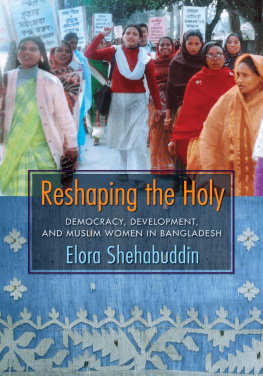

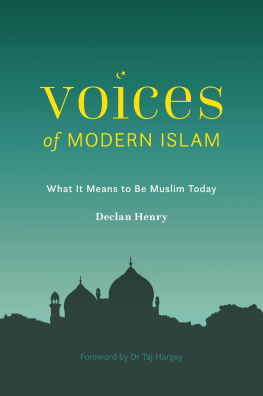
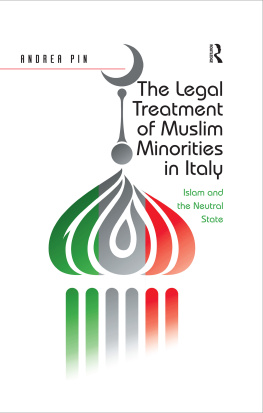
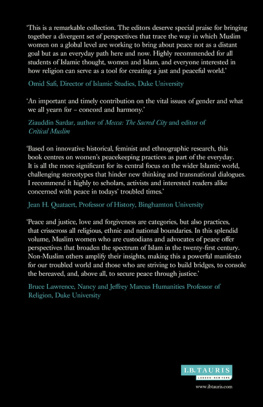
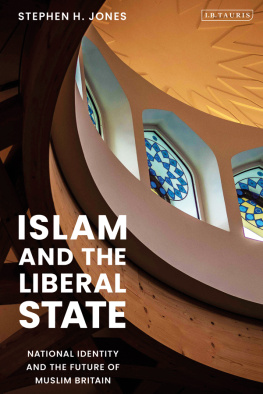
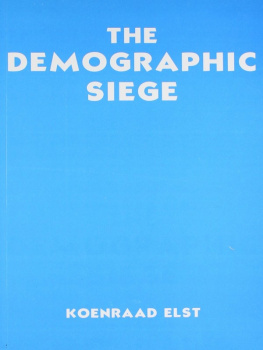
 New York
New York